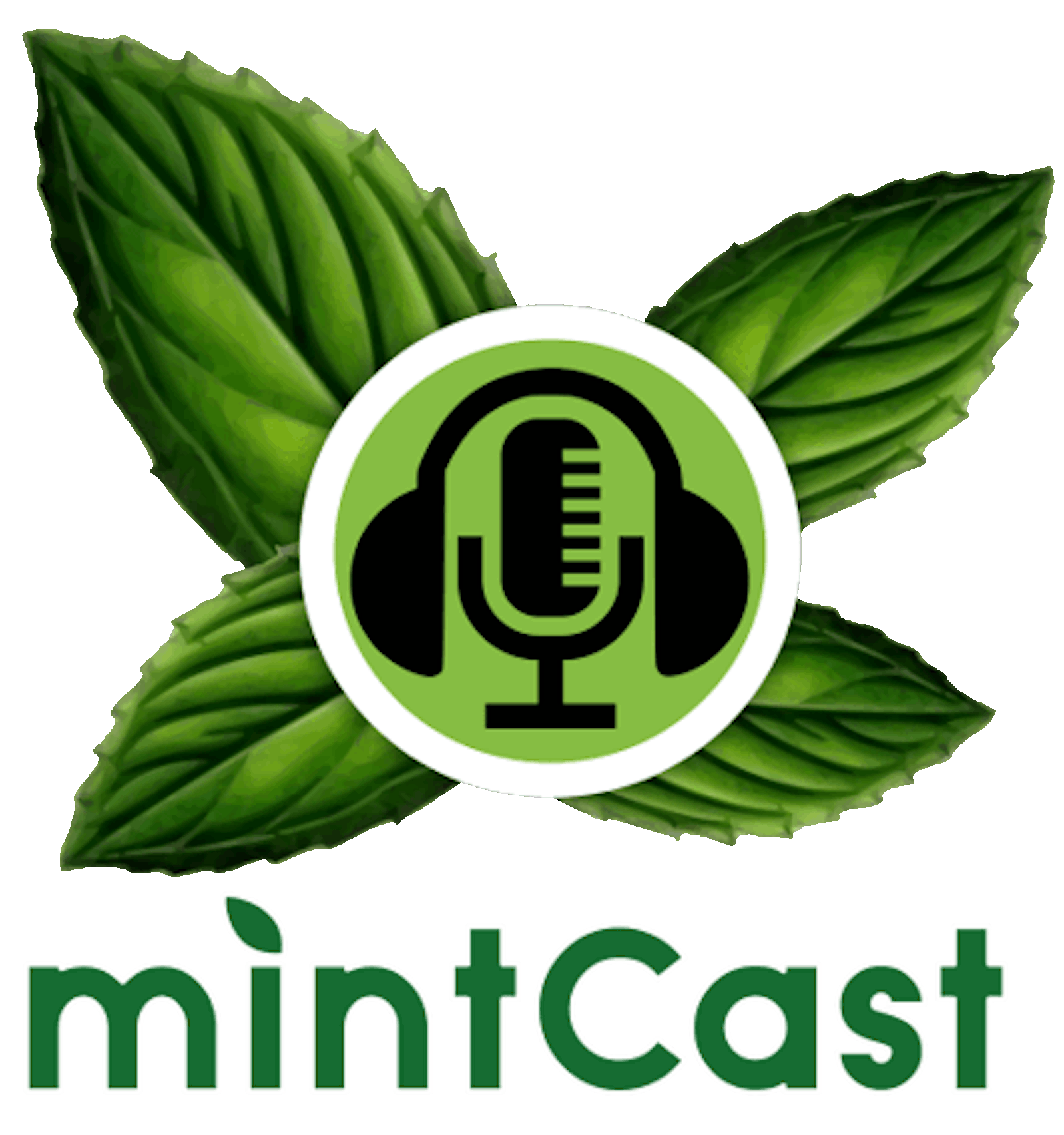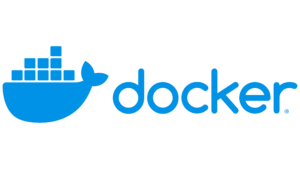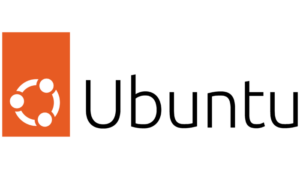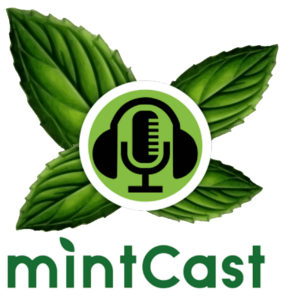mintCast 343.5 – FOSS or Bust
1:29 Linux Innards
38:20 Vibrations from the Ether
1:06:58 Check This Out
1:09:29 Outro
In our Innards section, NonFree vs FOSS
And finally, the feedback and a suggestion
LINUX INNARDS:
Is insistence on FOSS limiting the growth of Linux?
- This came up because of a recent Humble Bundle sale that had Magix offering their Sound Forge Audio Studio 13, Movie Studio 16 and a few more bits of software all for $25. It’s one version old, but still fully functional and never-expiring software.
- The kicker: It’s proprietary, close-sourced, and Windows-only.
- So, what’s your stance on proprietary software?
- Leo
- To the prompt, “no.” For Linux, as a technology, a kernel, FOSS has been the driving force of its adoption. It’s made Microsoft, Apple, Google, Facebook, and every other major internet company out there take notice, adopt and adapt.
- However, for Linux as a desktop, for regular folks like us, it can limit our personal growth. For instance, daVinci Resolve. It’s a full on audio video editor that is Linux native, but proprietary. It’s not wrong to decide you don’t want to use it because of its proprietary nature, but if it has features that you want, and isn’t in other tools, you’re hamstringing yourself.
- I have a “right tool for the job” mentality. But, I do lean toward and prefer Open Source software. For instance, we use Audacity and Mumble to create the show every week, and I’m pretty proud of that. However, if it turned out that another software, Open Source or not, free or not, reduced the time required to, say, edit the show, from 5-8 hours to 2-4, I would certainly use it and encourage us all internally to try it.
- To that end, I went ahead and bought this bundle and installed most of it on my Windows disk.
- Sound Forge Audio Studio is actually pretty good in that you’re able to do non destructive editing and very fast.
- These things are important because one of the drawbacks of Audacity for me is that every compress, noise reduction and truncate silence you do is written to the disk before you ever save. And it’s HUGE. 1-4GB per audio track, and there are 4 or 5 of us on at a time. It’s write speed dependent, which means you want to do this on an SSD, not a HDD, but this puts a lot of wear on an SSD.
- The built-in effects are… fine? It looks like I’m going to need to find a VST for everything that Audacity does out of the box.
- These look promising:
- https://www.reaper.fm/reaplugs/
- These look promising:
- The Movie Studio software, I haven’t used much yet. But it reminds me so much of Kdenlive, which is what I’m pitting it against. I’ll report back if it’s amazing or not, but with Kdenlive’s 20.08 release… I may have a hard time making a switch.
- Sound Forge Audio Studio is actually pretty good in that you’re able to do non destructive editing and very fast.
- We also use Google Drive, and have been pretty open about that fact for a while. It’s such a good, cross-platform, collaborative, free writing application that is so simple to use, it’s impossible to pass up, and extremely difficult to migrate away from because of the responsibility that’s put on you for alternatives.
- Syncthing and the like are options, but aren’t instant
- Nextcloud is an option, but it’s not without maintenance
- To close out all my rambling, FOSS isn’t holding us back, per se, it’s more that we don’t have any killer apps that are Linux-only on the desktop. If we want that to change, we need to get on “team developer.” Buy them coffee, send them $10 for a job well done, share successes, build them up, and for those adventurous enough, become one. Because remember, we’re competing with the likes of multi-billion dollar companies.
- Linux is different. It truly is community-based and can be so very user-driven. Let’s use the power we have to invest in our own future.
- Moss – History Lesson
- Corel came out with Corel Linux with WordPerfect in late 1999, back when WordPerfect was still *a* leader in the Office market. They wanted $89. They were hoping for positive feedback to improve the product; instead got screamed at by the FOSS crowd and had to pull their product. They finally pulled the Corel Open Source Development website in March 2002.
- SoftMaker has made Office since 1987. I’ve been using it since 2008 (in Windows) and have used the Linux edition since 2012. (They even had a BSD version in 2006.) It has always been more compatible with MS Office than any of the free office packages. I filed three bugs with OpenOffice.org (2010? 2012?) having to do with MS Office compatibility which greatly impeded my ability to use OOo in my professional editing work, and was told they were not interested in fixing those bugs. I have been loyal to SoftMaker since. I have not seen LibreOffice 7, but at least two of the bugs continued to exist through the latest 6.4 version. I have mentioned on this show many times how I have taken a lot of heat and even been forced to leave discussion groups because I was not using a FOSS word processor.
- People coming over from Windows are not willing to work without Adobe software, or AutoCAD, or similar professional software. Linux people keep saying it’s up to those companies to OPEN SOURCE it before they can use it.
- The only software Linux people seem to be willing to pay for is games.
- My view is, you use FOSS first, and then look for other software when FOSS software does not meet your needs. Expecting companies to give up the way they operate just to provide a very limited userbase software they will use is closed-minded.
- Joe
- I tend to not stress whether an application is open source or not. As long as it works on Linux with minimal fuss
- I don’t think this limits the growth of Linux in any significant way. You will always have people that think the best way to make money is to have complete control of the product. If you disallow that type of thing then you would be discouraging the platform. Yes, money can be made as a service, but some just don’t like that dynamic and some applications simply will not fit into that mold.
- Also if you are going to have an environment that is open then the programmers can make whatever they choose to fit on top of it.
- Now if something will only run in Windows or is basically unusable in Linux, I will either find an alternative or I will load up Windows long enough to run the application. I do keep a Windows install around for those purposes.
- If you are going to have an open platform then people can use it in any way they see fit. Including writing proprietary code for that open platform.
- Check out Windows 10 Ameliorated: https://ameliorated.info/
- Tony W
- I am not sure that insistence on FOSS is hindering Linux growth in any significant way
- The main reason I feel this way is I think the vast majority of people that come to Linux desktop are technically savvy, will research and try things on their own. and are presented with the options to install alongside windows,etc. They can research options for proprietary software vs FOSS and will decide for themselves with the information available to them.
- DUAL BOOT: This option actually may keep people using Linux more because there is a safety net if something doesn’t work.
- My stance on proprietary software: If it works and is convenient, I use it. I do look for FOSS options first.
- I cannot understate how much I appreciate that most FOSS is free as in beer and that it’s intended to be that way. Donate to those projects, when you can.
- The proprietary software/hardware I use and why:
- Windows software
- Have to use Windows and Windows software for work, no choice there)
- Boss tone studio
- Studio One
- Google stuff
- Chromebook
- Google Home/Chromecastz
- Android, Play store, google apps
- Windows software
- I am not sure that insistence on FOSS is hindering Linux growth in any significant way
- Leo
- It’s MOSS, the Website
- My website, which has been mentioned a few times on this podcast, is about using the best tool for the purpose and to encourage the Linux community to stop sending good software away just because the provider wants to charge for it. I have a few articles up on the need for, use of, and desire to increase the availability of non-FOSS software in Linux. I am always open to receiving more articles and comments. I have noticed that It’s FOSS sometimes has articles referencing non-FOSS software, and I have suggested to them that they could use my website to post those articles, thereby dodging some slings and arrows from the FOSS community. All submissions are welcome.
VIBRATIONS FROM THE ETHER:
- Joseph Husak on Youtube
Joseph’s Followup Email
Tony W Response
- TheComputerKid
Leo’s Response
Moss’ Response
- Raphaël
Leo’s Response
sudo flatpak install org.videolan.VLC
sudo flatpak install fr.handbrake.ghb
- John Wallis Saga
I’ve disabled avahi-daemon. Lynis does not provide more information regarding the services. I’m puzzled as to why hddtemp.service should be marked as unsafe. Could we make hddtemp.service the first service to be investigated?
Leo’s Response
Here is some basic usage.
leo@maya ~ > sudo hddtemp /dev/sda
[sudo] password for leo:
/dev/sda: ADATA SU800: 27°C
leo@maya ~> sudo hddtemp /dev/sdb
/dev/sdb: TCSUNBOW N4 240GB: 40°C
I wouldn’t worry about hddtemp much, especially if you use it with any frequency. If you don’t ever use it, it may be prudent to remove it with
sudo apt remove hddtemp
If you want to keep it, but are worried that it is listening to its default TCP port 7634, you can run
ss -l4
and check for a line like this
Netid State Recv-Q Send-Q Local Address:Port
tcp LISTEN 0 0 0.0.0.0:7634
If you see anything with the port 7634 in the far right there, it’s listening. If you see anything other than 0 under Recv-Q or Send-Q, it’s been talking to remote hosts!
- Brad Alexander
- Brad Alexander
[storm@danube ~]$ cp rsx.jpg Media
[storm@danube ~]$ cd !$
cd Media
[storm@danube Media]$
CHECK THIS OUT!
- Moss
- https://itsfoss.com/best-markdown-editors-linux/
Announcements:
Our next episode will be Sunday, September 20, 2020 at 2 pm Central US time, 7 pm UTC and 8 pm British Summer Time. Time conversions are available at https://www.timeanddate.com. You can use Austin, Texas as a Central Time reference.
Wrap-up:
- Joe – www.Tllts.org linuxlugcast.com MeWe [email protected]
- Bo – undercastnetwork.com
- Moss – Triad Bardic College, Peaceful Hippo, MeWe, music on Bandcamp and Moss Bliss’ YouTube channel or Robert Warren’s channel, I should have my ReverbNation site back soon, [email protected], [email protected], Sponsus (Now with Tiers, and a Donate Button!)!
- Tony Hughes – HPR – http://hackerpublicradio.org/correspondents.php?hostid=338 Occasional Blog https://tony-hughes.blogspot.com/ Twitter @TonyH1212, [email protected] [email protected]
- Tony Watts – [email protected], Echoes of Savages (band)
- Josh – [email protected], [email protected], edublocks.org and @all_about_code on Twitter
- Leo – leochavez.org and @leochavez on Twitter, linuxuserspace.show and you can get your five minute news digest at Full Circle Weekly News
Before we leave, we want to make sure to acknowledge some of the people who make mintCast possible …
- Owen Peery for audio editing
- Josh for all his work on the website
- Hobstar for our logo
- Bytemark Hosting for hosting mintcast.org and our Mumble server
- Archive.org for hosting our audio files
- HPR for our Mumble backup
- The Linux Mint development team for the fine distro we love to talk about <Thanks, Clem!>
Podcast: Play in new window | Download
Subscribe: RSS



